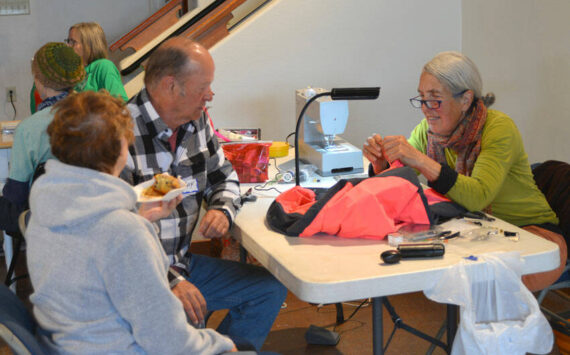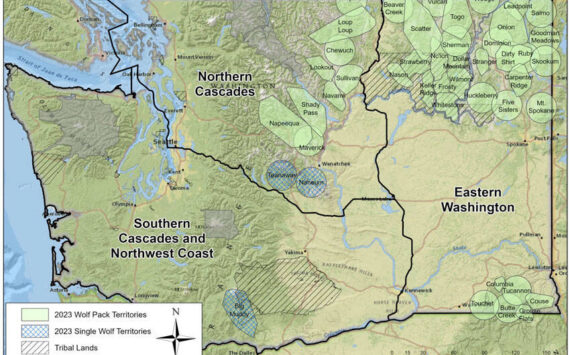YAKIMA – A Stage 1 burn ban has been called due to forecasted cold temperatures and calm winds causing air pollution to increase in Chelan, Douglas and Okanogan counties, according to the Washington Department of Ecology (Ecology).
Ecology’s Stage 1 burn ban for these three counties will continue until 10 a.m. on Dec. 25, 2012, unless extended. The Stage 1 ban applies to the use of uncertified wood-burning devices (including wood stoves, inserts and fireplaces) and to all outdoor burning.
Ecology’s burn bans don’t apply on tribal reservations, where the U.S. Environmental Protection Agency has jurisdiction.
Smoke from outdoor burning and wood-burning devices builds up where cold air is trapped near the ground. Fine particles in smoke are so small they can easily get into your lungs. Once there, they can cause heart and breathing problems, and even death. Children, people with asthma and respiratory illnesses, and adults older than 65 are most at risk.
Under a Stage 1 ban:
- Use of uncertified wood-burning devices – including fireplaces, wood stoves and inserts – is prohibited unless they are a home’s only adequate source of heat. Uncertified units typically were built before 1990 and lack a certification label on the back of the unit.
- All outdoor burning – including residential, agricultural and forest burning – is prohibited.
- Use of certified wood-burning devices and pellet stoves is allowed. Ecology recommends burning hot fires using only clean, dry wood.
- No excessive smoke is allowed from any wood-burning device beyond a 20-minute start-up.
Burn ban violators are subject to civil penalties. You can report violators by calling Ecology’s smoke complaint hotline (1-866-211-6284).
A 2009 Ecology analysis estimates that fine particles contribute to about 1,100 deaths and about $190 million in health-care costs each year in Washington.
For burn ban updates:
- Check local media reports.
- Call Ecology’s daily burn decision hotline (1-800-406-5322 in Washington).
- Check Ecology’s burn bans web page.
- Go online to http://www.waburnbans.net.
The Washington State Department of Health recommends that people who are sensitive to air pollution limit time spent outdoors, especially when exercising. Air pollution can trigger asthma attacks, cause difficulty breathing, and make lung and heart problems worse. Air pollution is especially harmful to people with lung and heart problems, people with diabetes, children, and adults over age 65.
Ecology recommends that people limit vehicle trips, combine errands or use public transportation to reduce air pollution.
You can track air quality in your area by using the Washington Air Quality Advisory (WAQA). This is Ecology’s tool for informing people about the health effects of air pollution, including fine particles. It uses color-coded categories to show when air quality is good, moderate or unhealthy.





